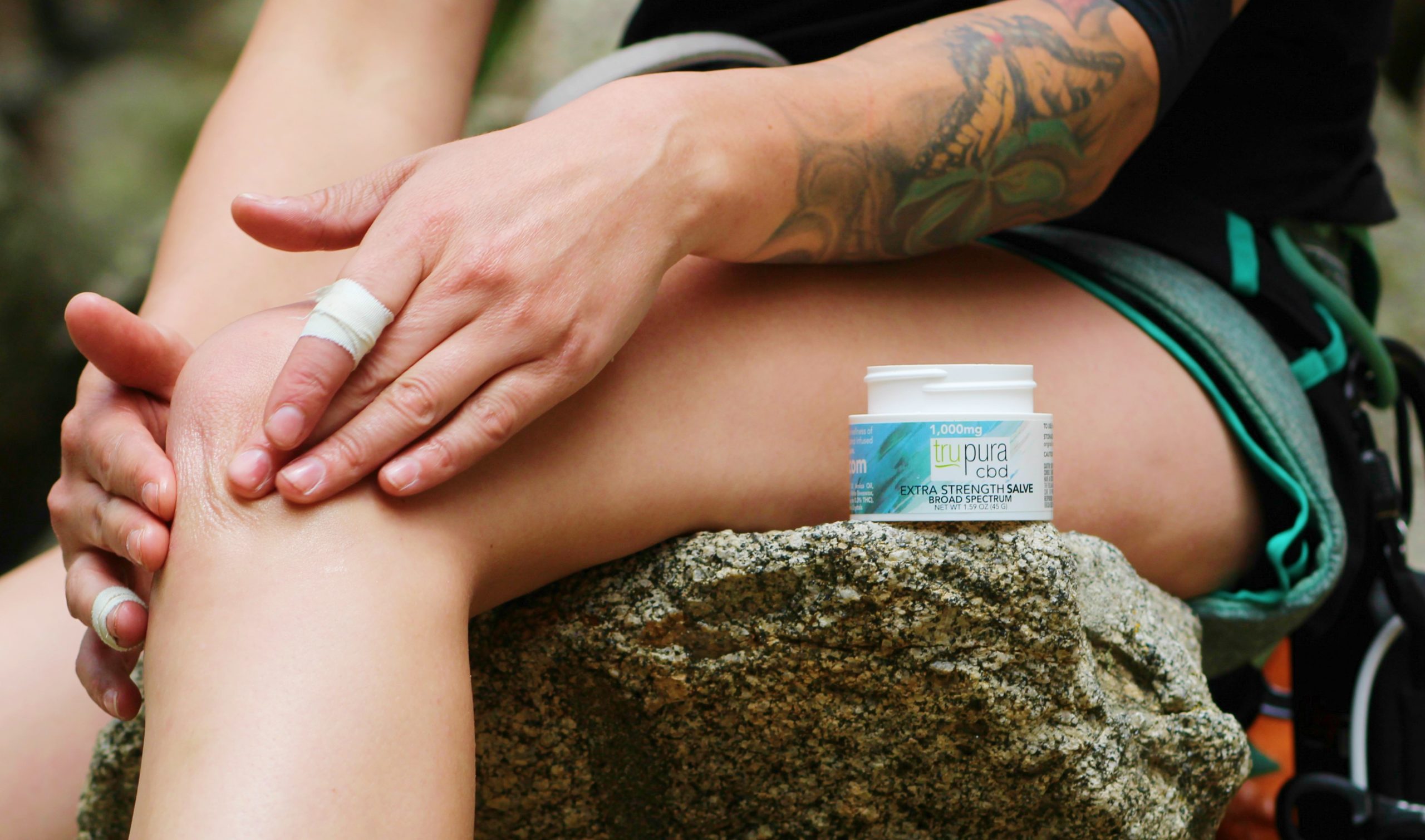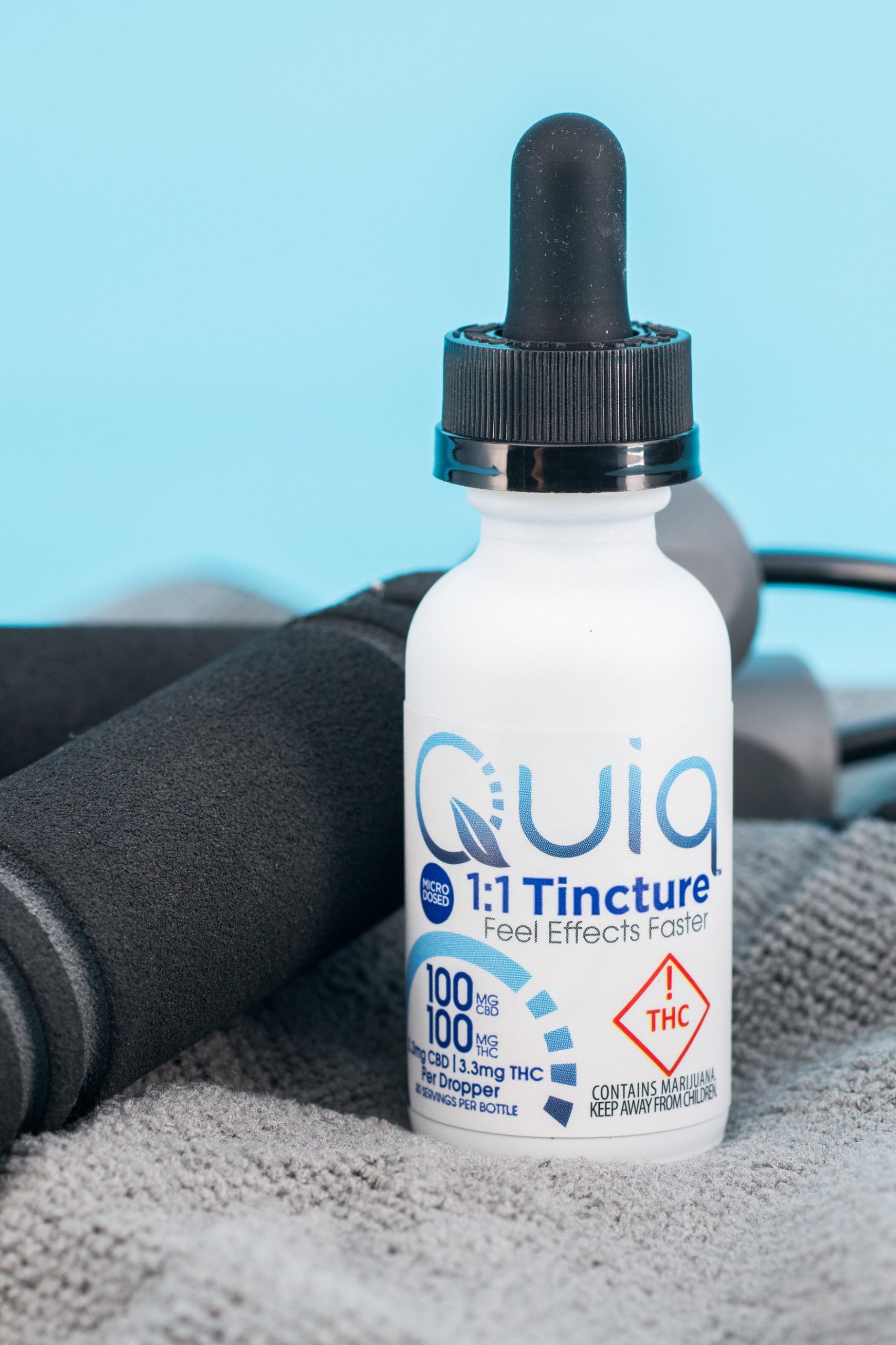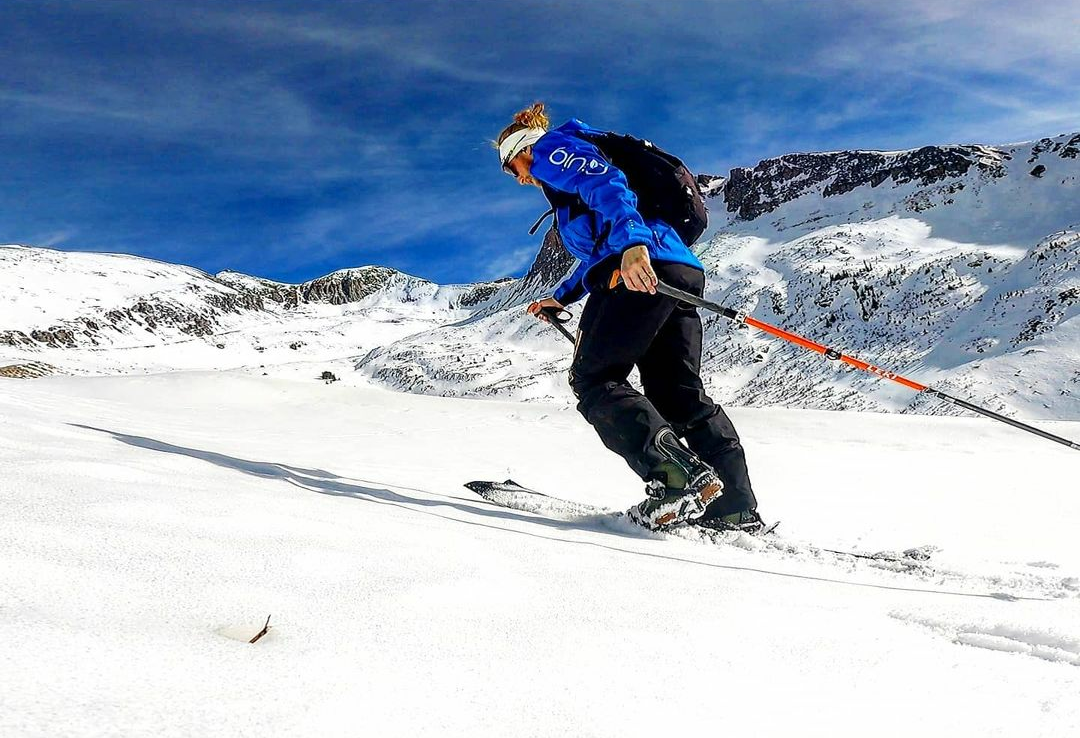Cannabis becomes more mainstream every day as legalization has spread across the country. A multibillion-dollar industry sprang up almost overnight and has grown like … well, like a weed. One major sector of this industry is industrial hemp, quickly gaining popularity when the 2018 Farm Bill legalized the manufacture and sale of CBD-infused products nationwide. People unlikely ever to use cannabis have flocked to try the new array of wellness products, but still, the marijuana sector of the cannabis industry has greater demand. Innovative companies have come up with a wide variety of cannabis-infused products, mostly edibles and topicals, that target symptoms in creative ways. Athletes are one audience that brands often target, especially when it comes to improving athletic recovery with cannabis.

CBD and Athletic Recovery
CBD produces many of the same results as THC, but not that “high” feeling. Athletes tend to prefer it because they want to stay sharp during a workout.
But to say it has no psychoactive properties is not really true – CBD eases stress. It elevates one’s mood which can help team athletes respond positively to stress and anxiety, and to help solitary athletes push through mental blocks and physical plateaus. CBD produces bodily relaxation similar to a mild muscle relaxer, good for recovery and sore muscles.
Perhaps the compound’s most exciting action is its ability to fight excess fat and prevent obesity. In a 2016 study published in Molecular and Cellular Biochemistry, scientists discovered that “CBD encourages the metabolism of existing fat cells [and] prevents the formation of new fat cells.” The study states that more research is required, but the early findings are promising for the future of obesity prevention.
There are a variety of methods to consume CBD, and edibles are one of the most popular product categories. Great for extended workouts and endurance sports, edibles take about 30 minutes to an hour to kick in, and last several hours after that. Conveniently, you’ll likely experience their strongest effect at about the time you’ll be growing tired. Tinctures, on the other hand, are best used just before a workout because they take effect quickly; or use your CBD-infused oil for recovery and mix it into your post-workout protein shake.
CBD topicals are comparable to pain relief creams like Voltaren and Aspercreme, but are often made with more natural ingredients. You put the salve right where it hurts and the medicine will go straight through the skin to the source. Cannabis-infused bath salts are great for soaking after a workout, or right before bed to help you relax and get a good night’s sleep. This will help you heal, improving athletic recovery.
The Benefits of Using THC During Your Workout
While THC produces noticeable psychoactive effects, it offers a host of medical benefits, many of which may support athletic ability and recovery. THC is a vasodilator, which means it widens blood vessels and increases the flow of blood carrying oxygen throughout the body. It can lead to a better pump for weightlifters, and the fast-flowing blood carries more oxygen to the muscles before, during and after workout to keep them fresh, and help them heal.

THC is also a bronchodilator, which expands airways, facilitating better, deeper breathing that brings more oxygen into the system, improves stamina and helps aerobic exercisers increase endurance.
THC’s anti-inflammatory properties relieve chronic pain from old injuries, arthritis, and lower back pain that plague weight lifters and older athletes. In higher doses, it encourages falling asleep and staying asleep. Rest is essential in order to recover faster.
Taken in the correct quantity, THC and the right terpenes can create focus, uplifted feelings and energy that will inspire you to get on your bike or pull on the running shoes and get down the road. Not only can cannabis help you get better results in the gym, it can give you the motivation to get up and go.
Don’t forget, THC makes you hungry. If you are serious about your health, get used to treating the munchies with leafy green vegetables, avocados, berries, and yogurt – which make a pretty good smoothie, by the way.
Athletes and Their Success with Cannabis
Wellness gurus and serious athletes have gravitated to cannabis products because they can relieve workout pain, bring on faster recovery, and help improve sleep quality. Could cannabis become an integral part of a healthy lifestyle?
One of the world’s best runners, who uses cannabis daily as part of his training, believes he is using the drug to implement his healthy lifestyle and keep him among the elite runners in the world. Cannabis edibles aid his athletic recovery. Avery Collins of Silverton, Colorado said that cannabis makes his runs more enjoyable. “They’re almost spiritual,” he added.

Avery believes in responsible consumption, and combines edibles, salves and an occasional smoke on his 140-mile a week training routine. He believes cannabis is a safe alternative to hard drugs and booze, and he also found it works with pain relief. Basically, he’s just a guy who loves weed and running, so he does both with abandon.
A trainer, doctor, and cannabis advocate has also found a niche in the use of CBD to help athletes get the most out of their bodies. Dr. Ben Cowin is a 20-year sports medicine veteran who treats professional athletes in his Denver practice and around the world. He said his research with CBD has changed the way he looks at treating athletes, and he’s even helped to formulate a hemp-infused topical for managing pain and inflammation.
“We can offer a safe alternative to pain control thanks to cannabinoids,” he said.
Get The Best Results When Using Cannabis for Athletic Recovery
Many findings indicate that when taken together, the benefits of CBD and THC can serve to intensify each other. If you live in a legalized state, try adding a small dose of THC to a larger dose of CBD. But if you play organized sports, make sure you aren't breaking any league rules by testing positive on a drug test. Also, if you are limited by the legality of marijuana in your state, know that CBD, in itself, can help to relieve pain, reduce inflammation, and improve sleep quality -- all important factors for athletic recovery.
When consuming cannabis products for performance and recovery purposes, be sure to pay attention to your body's response. Everyone is unique and no one size fits all. We advise keeping a journal and recording what applications and doses give you the best results. Be sure to purchase quality, lab-tested products and always remember to consume cannabis responsibly.
